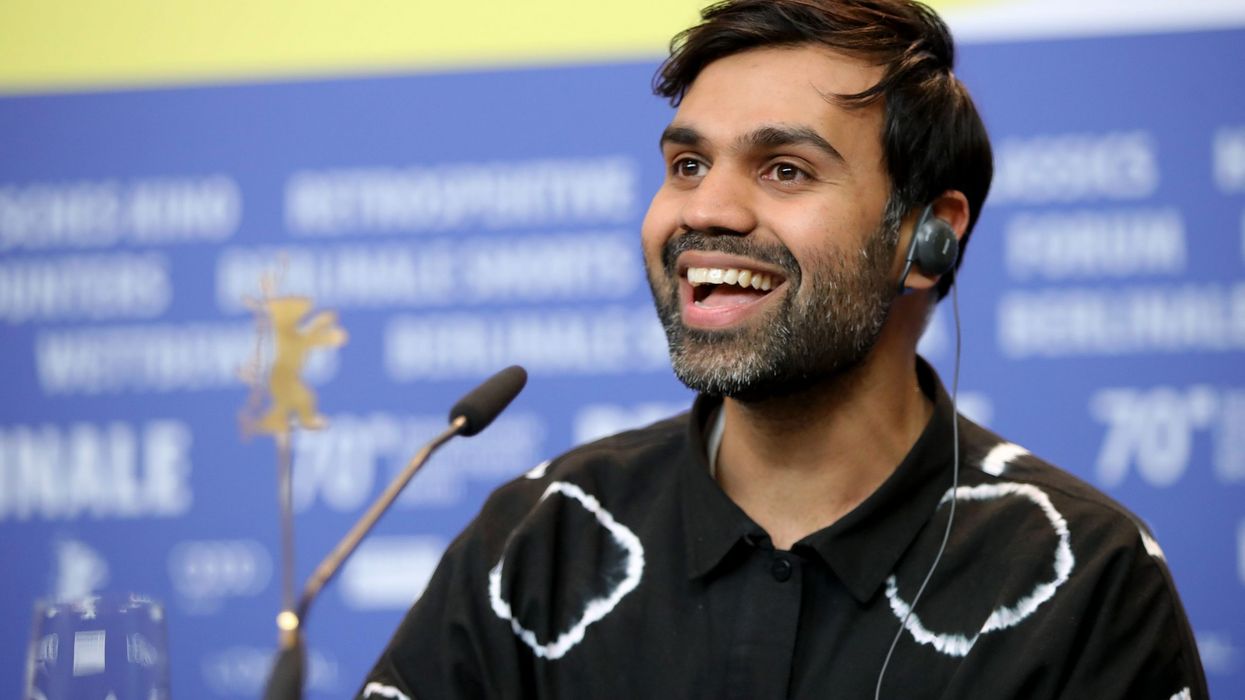Filmmaker Bassam Tariq, who directed Riz Ahmed in the critically-acclaimed film Mogul Mowgli (2020), is in talks to direct Marvel Studios’ much-anticipated production Blade, as per reports. The film, which stars Oscar-winning actor Mahershala Ali in the lead role, was announced almost two years ago.
If Marvel Studios manages to get Tariq onboard, the filmmaker will beat out dozens of candidates to become the sixth person of colour to direct a film for the prestigious studio.
He will follow in the footsteps of Ryan Coogler, Chloé Zhao, Destin Cretton, Taika Waititi, and Nia DaCosta, who have directed Black Panther (2018), Eternals (2021), Shang-Chi and the Legend of the Ten Rings (2021), Thor: Ragnarok (2017), and Captain Marvel 2 (2022), respectively.
Marvel Studios has not commented on reports doing the rounds, though the studio reportedly spent months searching for the right filmmaker to helm the high-profile project, set to get off the ground in a couple of months.
Stacy Osei-Kuffour, who has previously written such popular shows as Watchmen, Pen15, Hunters and Run, is graduating to film writing with Blade. The studio had reportedly considered a few writer-director options before separating the two positions and hiring Osei-Kuffour to work on the script.
34-year-old Bassam Tariq is a native of Karachi, Pakistan, who now lives in New York City with his wife and son. He began his directorial career with the Sundance-funded documentary These Birds Walk (2013) which he co-directed with Omar Mullick. Tariq has a number of short films to his credit.
Keep visiting this space over and again for more updates and reveals from the world of entertainment.




